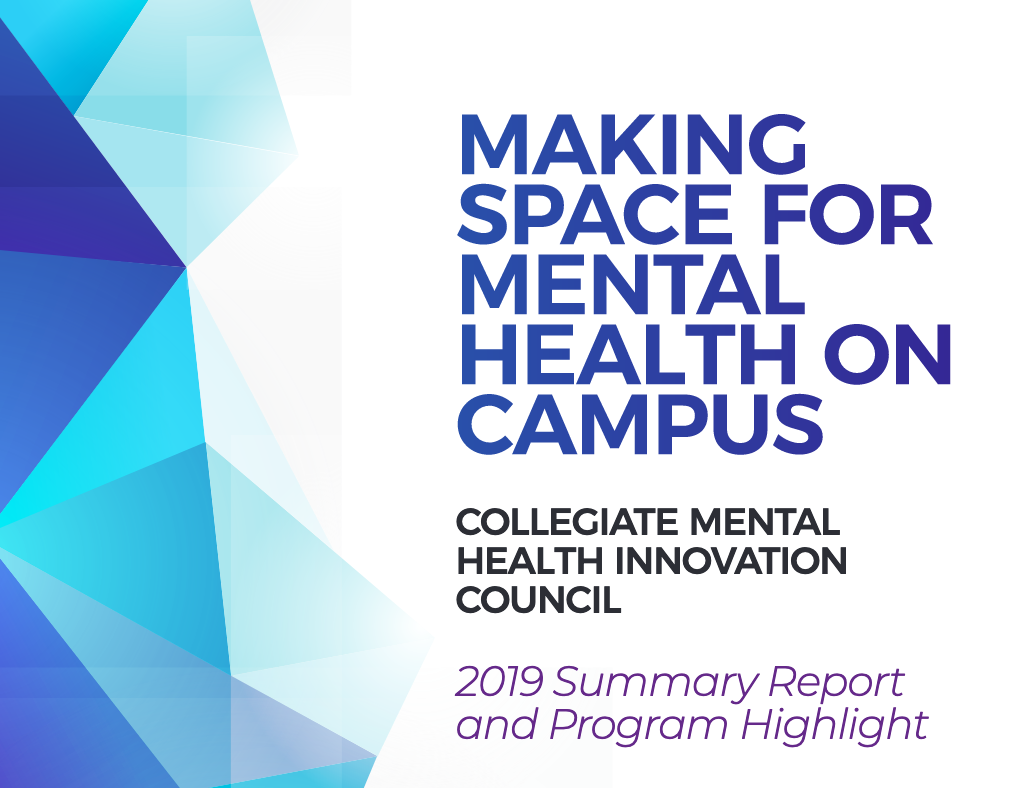 In our fast-paced world, juggling academics, work, community service, and other responsibilities can be overwhelming. This constant juggle can affect your overall health and well-being.
In our fast-paced world, juggling academics, work, community service, and other responsibilities can be overwhelming. This constant juggle can affect your overall health and well-being.
Not having balance in life often results in increased stress that can negatively impact relationships, as well as work and school performance. As you strive for excellence in your work, make sure you include time in your schedule for activities that recharge you.
Schedule a Weekly Social Activity
At the start of each week, plan an activity that you can enjoy with your family or friends. Make sure the activity is built into your calendar. This will be your incentive to work hard throughout the week and manage your time well in order to get everything done before this special activity.
Eliminate Unproductive Activities
Track your daily habits. What activities do you catch yourself doing that don’t enhance your career or personal life? Do you spend too much time surfing the web or on social media? If so, would it be worthwhile to eliminate those activities and create time for in-person activities or outings?
In order to have a healthy life balance, set priorities for yourself and avoid procrastination. The next time you catch yourself procrastinating, redirect your energies to finishing something on your to-do list. Do this until you have eliminated those habits altogether.
Don’t Take On Too Much
If your efforts to make time for yourself have proven unsuccessful, maybe you’re taking on too much. If you’re saying “yes” to too many tasks, it’s important to learn to say “no” and focus on yourself.
Prioritize your responsibilities. Focus on the tasks that you enjoy performing and eliminate the ones you simply don’t have time for. Your happiness and overall well-being are more important than all the extra tasks you may be completing now.
Make Your Life Enjoyable
Approach life with a positive attitude. You cannot guarantee that every second of your time will be perfect. If something goes wrong, learn from your mistakes, and appreciate the good in your life. Make sure to take time and laugh every day. Be social, go out with friends, exercise, have fun.
Remember that physical activity has been shown time and time again to help reduce stress and improve efficiency.
Know When to Seek Help
If you’re feeling overwhelmed, talking to others can help. Everyone needs help from time to time, and reaching out for this help is normal. The following signs may indicate that you’re feeling stressed and may want to ask for help:
- Exaggerated irritability.
- Withdrawal from social interaction.
- Increased distractedness, forgetfulness and confusion.
- Anxiety or depression.
- Changes in sleep.
- Emotional outbursts and crying.
- Excessive worry and fear.
Many colleges have school counselors who can help you with your class schedule or time management. You may also have access to group therapy or individual sessions with a school psychologist. If this is an option for you, try scheduling an appointment to see if it helps. If you’re not a student, speak to a trusted adult or make an appointment with your healthcare provider.
Excerpted from “Life Balance for Young Adults” from Sutter Health. Read the full post online.
Source: Sutter Health | Life Balance for Young Adults, https://www.sutterhealth.org/health/young-adults/emotions-mental-health/life-balance | Copyright © 2023 Sutter Health.
A screening can help you determine if you or someone you care about should contact a mental health professional. CHC teletherapy services are available now. Call or email our Care Coordinators at 650.688.3625 or careteam@stage.chconline.org to set up a free 30-minute Care Consultation.





